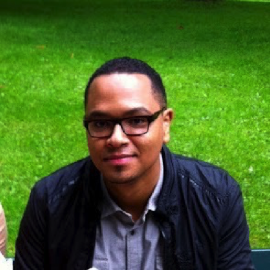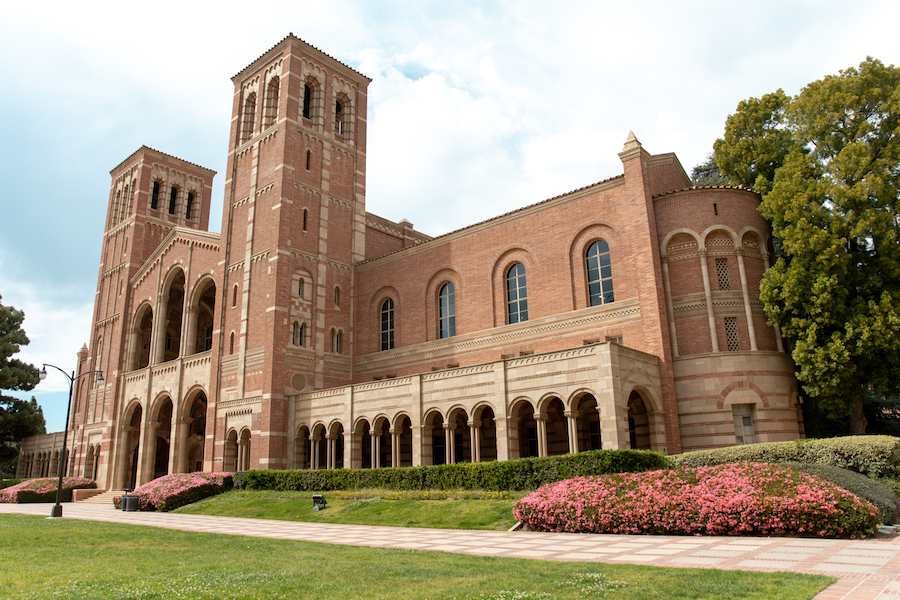Cognitive Neuroscience
November 13, 2021 2023-11-22 21:47Cognitive Neuroscience
Course Available in Sao Paulo
Cognitive Neuroscience
This course will provide students with an introduction to the topic through a series of lectures, activities, and team projects. Each day, students engage in classroom discussions and activities about brain structure and function, present and critique one another's work, and work on their group final projects. For many students, this course is their first introduction to cognitive neuroscience. I hope to show students that the brain is a fascinating organ and is involved in controlling thought and behavior. Because these relationships are so complex, neuroscientists are still trying to understand how the brain does what it does. By focusing on familiar senses and experiences, students will learn about the structures that allow humans to process sensory information from the environment, as well as how these signals are transformed into electrical activity that the brain can process. In our anatomy lab students will dissect sheep brain tissue, which has a very similar structure to the human brain. In our technology lab students will use cutting edge technology to analyze functional connectivity of actual brain MRI data. Finally, students will learn how multiple systems in the brain coordinate activity to process this information and transform thought into action. Through activities and projects, students will not only gain a better understanding of how their brains enable them to interact with the world, but also about the tools and methods neuroscientists use to study the brain.
Program Calendar:
January 15 – 26, 2024 (Monday to Friday)
Schedule:
From 9:00 am to 3:30 pm
Location:
In-person in your country

Dr. Alan Ceaser
PhD, Stanford University
Dr. Alan Ceaser was a postdoctoral scholar at the Stanford Neuroscience Institute and in the department of Psychiatry and Behavioral Science. He studies how brain structure and function enable complex thought and studies psychotic illness. His research focuses on understanding how cortical and subcortical brain regions interact during active cognitive control, and also how these systems are disrupted for individuals who experience hallucinations and delusions. To do this work, utilizes cutting edge methods of brain imaging as well as the most recent theories of brain functioning. In the future he hopes to use new technology to modulate, and improve, brain functioning. He enjoys listening to hip-hop, reading manga, traveling, and comedy.


